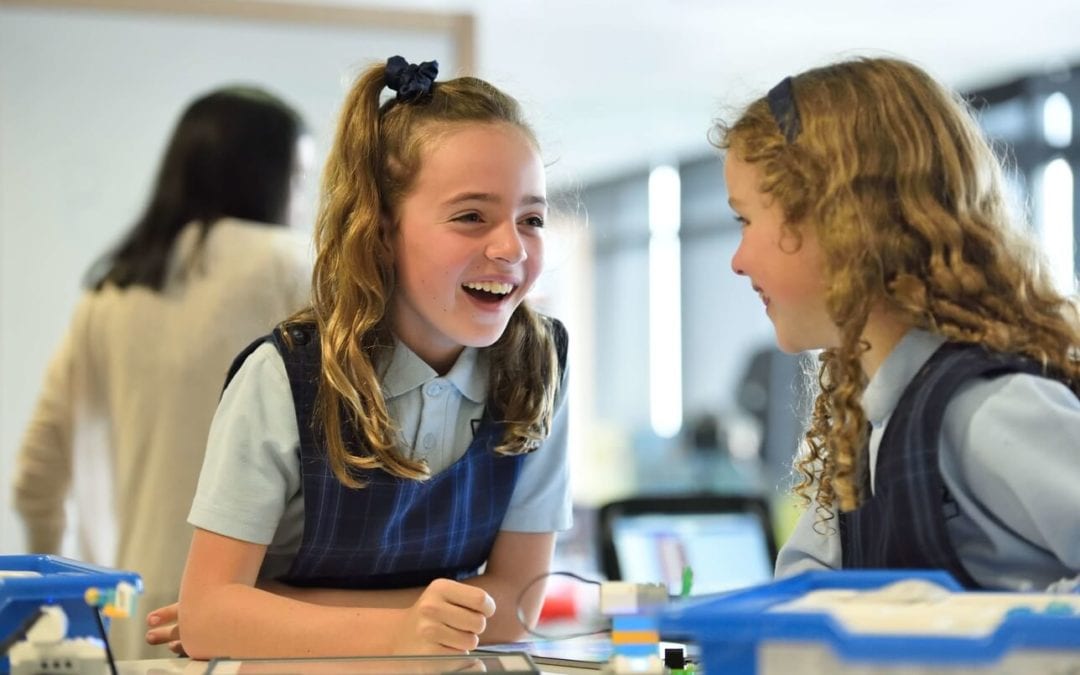When working with teachers I often ask them to describe a successful learner. Responses from schools across the country always include students who:
- Are well organised and able to plan systematically
- Ask questions and take risks to try things without fear of making mistakes
- Are resilient and willing to try again when things go wrong
- Are problem solvers
- Express and justify their thinking
- Can evaluate their work and discuss how they might improve
It may surprise you as a parent to read that specific Maths or English skills are not listed here. There is no mention of children who know their tricky words and times tables as being successful learners. Interestingly, the most successful learners are those children who regularly make mistakes, recognise them and learn something new as a result. The characteristics above all describe attitudes and learning behaviours rather than curriculum content. Successful learners are those students who are aware of and in control of their own thinking.
“Too often, we teach students what to think but not how to think.” OECD Insights (2014)
Primary Mentoring
Primary mentoring does not focus on building knowledge of specific curriculum content such as Maths or English. Instead, it supports students in how to plan, monitor and evaluate their own thinking by considering what success might look like. These strategies for learning apply across all areas of the curriculum and will continue to support children as they move into secondary school.
The Sessions
There are seven sessions in total with each primary mentoring session being bespoke and tailored exactly to the needs of the student. The sessions focus initially on attitudes to learning, confidence, and problem solving using games, puzzles and stories. The focus then moves to gently establishing the edges of the student’s intellectual comfort zone, building a ‘toolbox’ of strategies that the student can use when in school as they take risks, face obstacles and experience challenge.
“Children who develop resilience are better able to face disappointment, learn from failure, cope with loss and adapt to change. We recognize resilience in children when we observe their determination, grit, and perseverance to tackle problems and cope with the emotional challenges of school and life.” Marilyn Price-Mitchell (2015)
Y6 SATs
Some children struggle with the pressure of Y6 SATs, so can lose confidence in their own ability or lack the skills needed to cope with formal assessment procedures. Primary mentoring can support those children to build their confidence and awareness of what they can do, and to build strategies to help them tackle the SATs test.
Sadie was always a conscientious child, wanting to do her best, but early in Year 6, she became aware that she was beginning to struggle with some aspects of maths. Sadie came to primary mentoring sessions severely lacking in confidence, so we worked together using fun, short activities to build up a ‘can do’ attitude.
“Sadie confidently sailed through the SATs week and achieved the standard we knew she was capable of, before her confidence had been shattered. Most importantly, Helen prepared her with life skills for transition to Year 7 – How to stay calm, think things through; use what you know. Sadie continues to thrive and grow. We would not hesitate to recommend Helen.”
The benefits of mentoring for primary children
To return to my introduction, mentoring provides primary school pupils with the skills to become successful learners:
- To be able to organise and plan their school work
- To have the confidence to ask questions and seek answers
- To be resilient and learn from making mistakes
- To work independently and solve problems
- To be able to justify and support thinking
- To be able to evaluate your work and think of ways in which you can improve
This allows the student to take responsibility for their own learning and become an independent learner, which is the ultimate goal for all educators.
The greatest sign of success for a teacher is to be able to say “The children are now working as if I did not exist.” Maria Montessori
Here at www.studentnavigator.co.uk we offer mentoring for primary school students. Please read further about my skills and experience that I bring to the mentoring. Contact us today to find out how we can help you.

